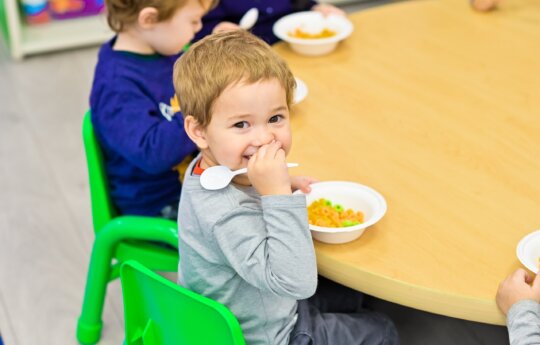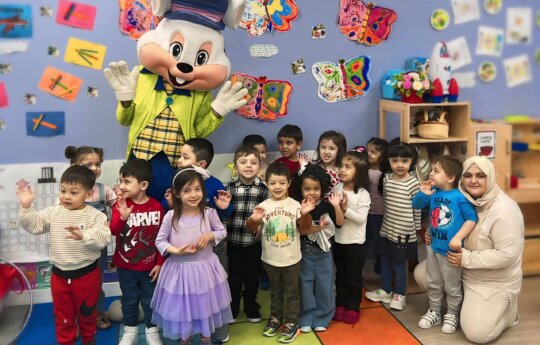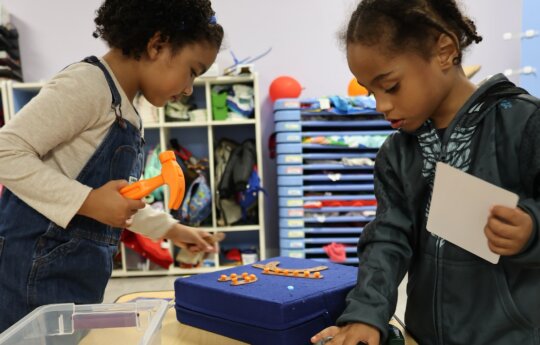
This piece is focused on the discussion of such an important issue as personal values, which are integral to childhood development. In general, personal values are those principles or ideas that are relevant for us and guide our actions and relationships with other people. In other words, they define our personalities and identities, developing our character and determining our self-perception and other people’s perception.
Personal values are integral to kids. First, these principles influence their current choices and decisions, emotionality, communication with other people, and ability to overcome stumbling blocks. Second, their main foci and concerns are our moral “residue or savings” or future moral and ethical principles that we form nowadays. For example, it is from the respect and honesty we teach kids that they can be respectful and honest in the future.
The Importance of Core Values for Kids
Core values are very important in the development of a child’s emotional intelligence and ethical behavior. They form the basis of a child’s social and emotional development. Emotional intelligence refers to the ability of an individual to recognize, understand, and manage their own emotions and also those of others . However, emotional intelligence integrates with the core values of a child in a number of ways.
1. Understanding and Managing Emotions
Core values such as patience, self-control and responsibility teach children how to manage impulses and reactions. These values guide an appropriate course of action in certain challenging situations and help children remain composed. They make decisions that reflect thoughtful consideration rather than mere responses to circumstances.
2. Empathy and Respect
Values such as empathy and respect help the child understand and relate to what others feel. When children learn the importance of these values, they have high chances to develop strong interpersonal skills, which can be very useful in maintaining relationships . This calls for being inclusive and tolerant, which are important attributes in promoting moral behavior.
3. Decision-Making
Ethical behavior is often a result of a conscious, value-driven decision. As values such as honesty and truthfulness are deeply instilled and imparted on children, they learn to analyze and evaluate the consequences of their actions and realize that these actions often have an impact on other people. This sense of moral responsibility helps children with decision-making and allows them to choose right and just course of action in any given circumstances.
4. Conflict Resolution
A number of taught values also help children with conflict solving be actions, which develop such principles of just behavior as cooperation and fair play. By analyzing and internalizing them, children acquire the ability to negotiate and resolve conflicts be means, which benefit all parties involved and resolve the issue strategically.
5. Self-Esteem and Identity
Finally, having a set of personal values plays a decisive role in personal self-esteem and identity. By developing their egos, and adhering to good values, children will begin to feel good about themselves and the role in may play in this world, thus creating a positive cyclical development of ethical behavior and mental stability.
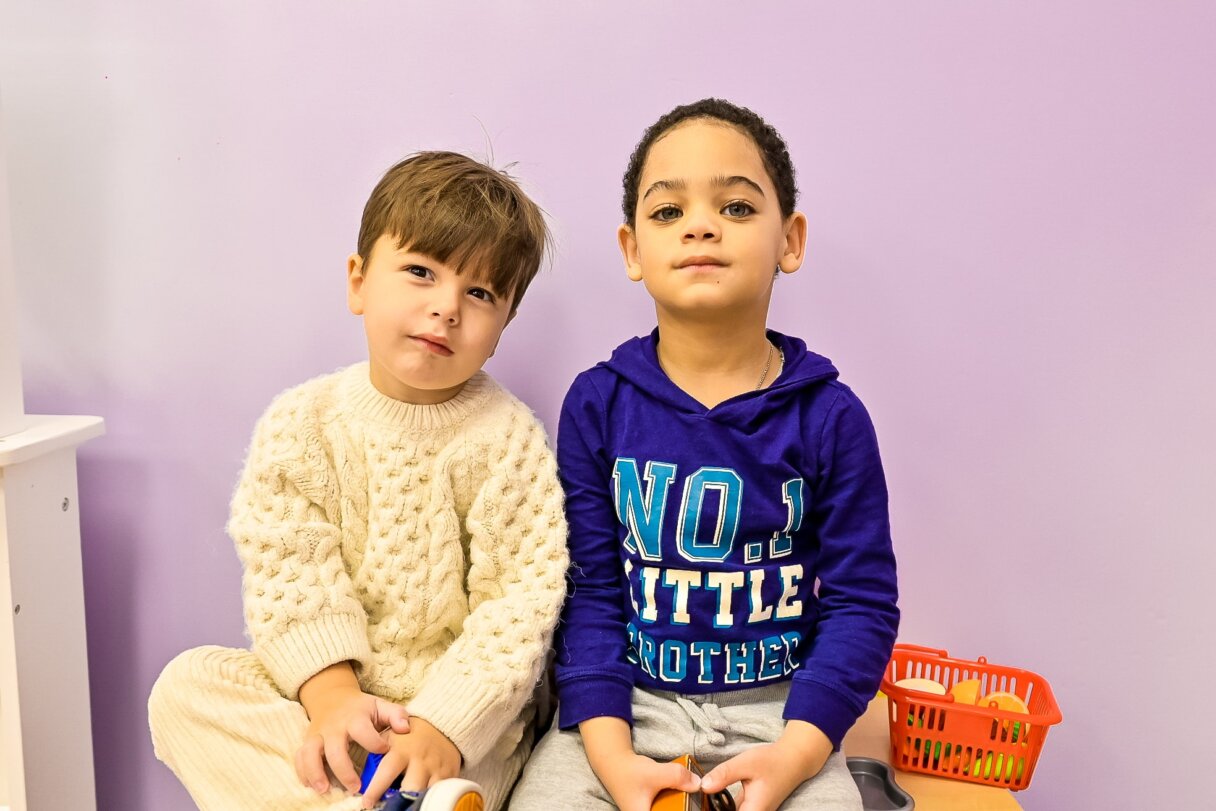
Identifying Core Values in Children
It is important to identify and facilitate the core values of children to help them become wholesome people. There are several effective ways to identify the emerging values, including the administration of the assessment tools developed specifically for children.
A. Observing Choices and Behaviors
- Daily Interactions: precious insights can be obtained by watching how children interact with peers, family members, educators. Look at how they share, cooperate, resolve conflict — it will say a lot about their values of fairness, empathy, and respect.
- Decision Making: pay attention to choices that children make and that involve honesty, taking sides, or helping.
- Play Preferences: understand why children choose this or that role to play. Being a caregiver is a popular role for girls, boys, teachers, doctors, animal rescue rangers, etc. Values can involve identity and career aspirations and about the most important values the children admire.
- Feedback from Others: Getting regular reports from educators, school supervisors, and peers is important. Noticing the consistent behaviors in different contexts.
B. Using Personal Values Assessment Tools
- Values Sorting Cards: The teacher gives the cards with the written values, such as kindness, honesty, courage, and asks children to sort them into two piles: values that are somewhat important or not important now, and those that are important now. In the process of completing the task, children can think about whether they really consider the values on the cards important and why.
- Story Responses: The teacher reads a story with a moral dilemma and asks the children what they would do in this situation. The answers help to understand what makes a child to act in a certain way and what values are considered in the answer.
- Digital Apps and Games: There are applications designed to teach and assess values. They provide children with various scenarios and ask them to respond to them. With the help of games, a child can be involved in the learning process and receive feedback on the values after responding to the scenario.
- Questionnaires and Surveys: There are questionnaires and surveys adapted for children that consist of both direct and indirect questions about the value. The child is asked to respond and consider himself or herself to make a system of values.
- Drawing and Storytelling: The task is to ask the child to draw a picture or tell a story about such a thematic unit as ‘a person doing something important’. After that, one needs to evaluate what the child was drawing or describing.
Core Values to Teach: Morals for Kids
Teaching core values is vital as it has a significant role in the life of children, affecting their morals, and social life. The following are essential morals and values with which every children must be nurtured, and their impact on the positive growth of the child.
Honesty
Honesty helps children improve on being trustworthy. An honest child is capable of living with other people due to good terms. It encourages children to behave or act according to their views and wants in a way that influences their personality development. Teaching a child how to be honest plays a significant role in bringing up a child who can be trusted and relied upon. It is due to honesty that children learn that they should be telling the truth in all life aspects, thus instilling important moral values.
Kindness
Kindness can be taught through teaching children to be family loving. Kindness promotes morality to other people. It brings about empathy which requires a child to understand other people’s feelings. Kindness instils a sense of caring in a child by showing concern to others, thus creating a well-liked child who interacts positively with others, thus building important social relationships for emotional support and personal well-being.
Responsibility
Responsibility can be learnt through a duty assigned to children that require completion. One may learn being responsible through real life responsibilities. Responsibility helps children learn to accept their mistakes in life and learn from their failures without blaming others. It enables a child to understand that they are responsible for their successes and their failures . Being responsible makes children be accountable in life bringing up a discipline as responsible children do not postpone their duties and other essential responsibilities.
Fairness
Understanding and learning to act just and equal; importance: helps treat children with understanding and morality, conduce in a rational way in the case of confrontation and form an understanding on fair societal treatment.
Respect
Learning to respect and appraise other individuals’ values and importance despite the differences; importance: build a positive approach to personal interactions and living in the society.
Courage
Not being afraid to face feared adversities and relying on your position in morally right or unright actions; importance: aids in facing new facilities, undertaking new tasks and prevailing in their realization, forming a leader or active right defend supporter characteristics.
Perseverance
Teaching to appreciate and strive for targets by enhancing work and challenge abandonment forbiddance; importance: vital for targets with long-completing term, helps understand that hardships are a part of the learning process and are not excuses for submission.
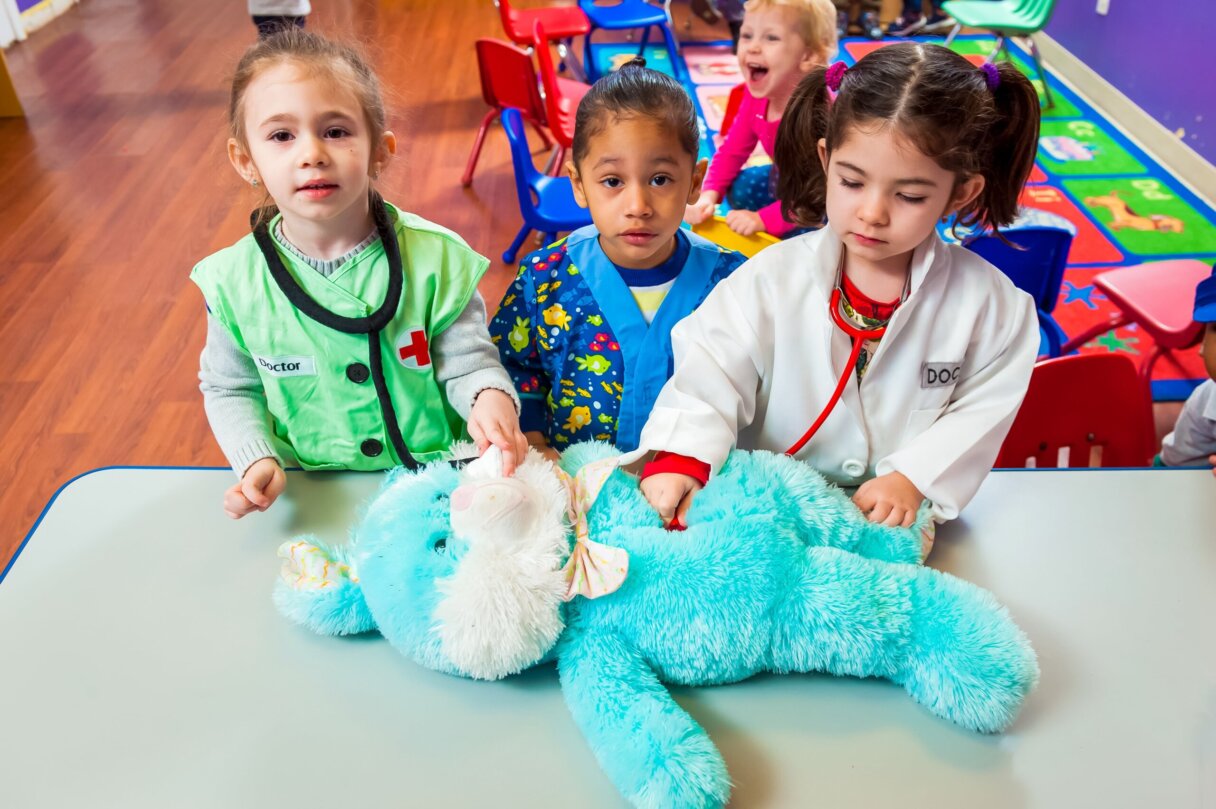
Activities and Strategies to Teach Core Values
Practical Activities to Identify and Reinforce Values
Role-Playing Scenarios
Kids have a lot of fun with role-plays, so to make them work with values, a teacher should create a few role-play scenarios where children need to find a solution to a problem using this or that value. For example, a teacher may make up a situation when a child finds someone’s lost thing and has to think what to do with it.
Doing such activities, children try to apply values in practice, which can help to develop their critical thinking and problem-solving skills associated with ethical issues.
Value-Based Story Time
The teacher should take some interesting stories where some values are emphasized to read with children. After reading, kids should be provided with such literature to continue learning of values at home. After reading, a teacher has to discuss what values were cried and how actions of the characters involved might be avoided if they behaved a bit differently.
Such activity can teach children empathy letting them also think if everything they do is correct. They may also try to solve any problems in a more effective way by learning from the story.
Community Service Projects
Children can also participate in community service projects that should be presented in a way that is fun for kids, such as organizing a charity drive or in helping in a school garden.
The teacher demonstrates that kids can do something good for other people and thus develop kind, and sense of responsibility . The teacher also shows that even the smallest action can bring about certain positive results.
Values Reflection Journal
Older kids may be asked to write a journal where they can analyze actions of the day trying to find any connection with the core value.
Writing their thoughts done helps to reflect and may lead to better understanding of personal values and thus to emotional and moral maturity.
Strategies for Integrating Values into Daily Routines
Modeling Values
Consistently demonstrate the values you wish for your children to learn – for example, modeling fairness in how you allocate tasks or resources among them.
Children learn values very effectively through observation and mimicry of adult behaviors, so consistent modeling will provide a clear example of what living those values is like.
Value of the Week
Establish a “Value of the Week” program, where every week or perhaps every month is dedicated to one of the values on your list. Activities, discussions, and recognitions can be centered around that value for the duration of the week.
Keeps the learning varied and fresh, while ensuring that all the core values you want your children to internalize are covered several times throughout the year.
Values in Routine Interactions
Implement discussions and examples of values into your day-to-day interactions with your children – for example, if a conflict arises between children, help them solve it, making references to the values relevant in the situation at hand, like fairness or respect.
It wiill help the children understand how the values they are learning apply to the reality of their lives, making their real-world application clear and non-abstract.
Positive Reinforcement
Provide praise and rewards on the occasions when a child exhibits a core value – for example, if your child has been kind or honest in a specific situation, point it out to them as a behavior to be proud of.
Positive reinforcement will motivate the child to keep up the behavior and strengthen their commitment to that value.
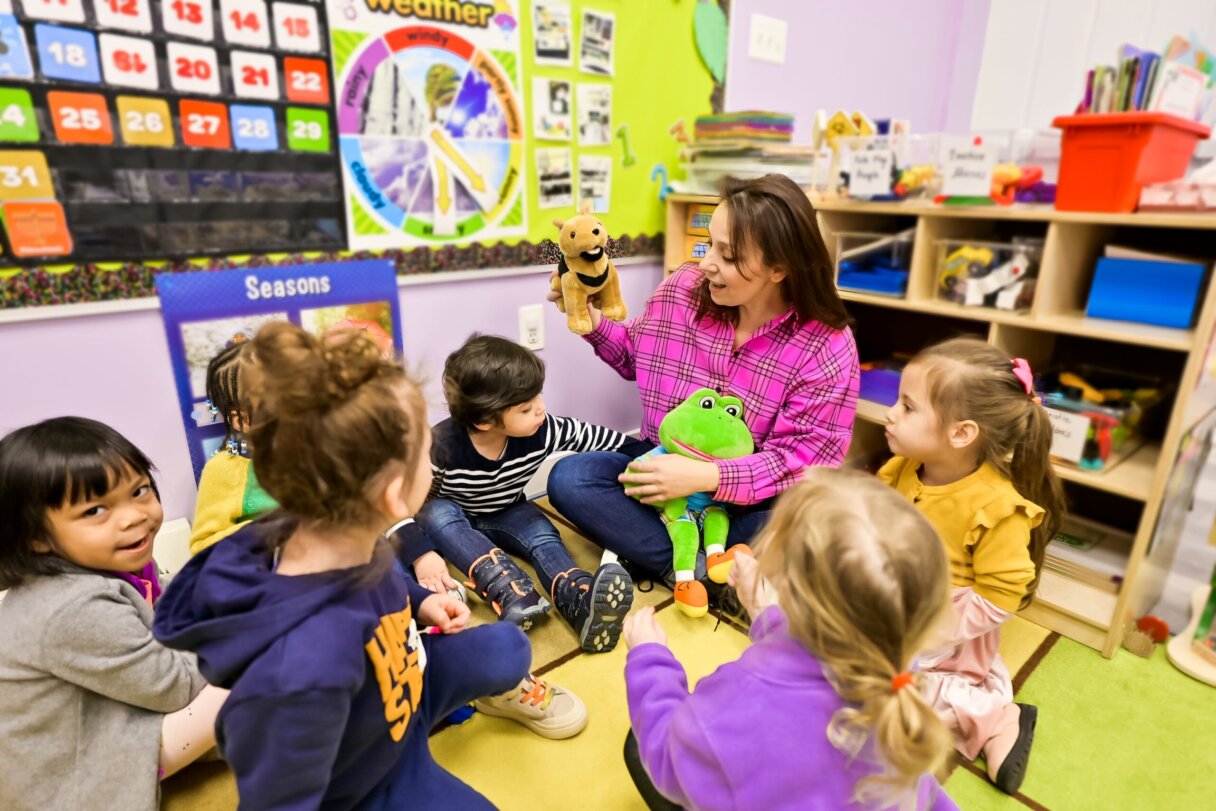
Stories as a Teaching Tool
Storytelling is a very powerful and ancient method to convey lessons and morals. Through stories, children can explore complicated and sometimes abstract ethical issues in a way that is approachable and pertinent to their lives. Different cultures and people have developed stories, parables, and fairy tales that illustrate a variety of moral principles, as well as ways through which to address all sorts of life situations.
Examples of Stories with Morals
“The Boy Who Cried Wolf” (Honesty)
Children learn the importance of honesty as a result of an ancient parable that shows the consequences of the manifestation of untruth in practice. This story helps children understand that it is better not to tell lies and always be honest, so that people trust them. In this case, they will not be in danger when they really need help.
“The Tortoise and the Hare” (Perseverance and Humility)
The best way to win a race is to start it and not be too arrogant, since excessive conceit leads to defeat. Although this fable is told to children for the sake of entertainment, it plays a positive role and helps develop a favorable feature for a person. The story teaches one of the friends to win, even if it is difficult, and the other, on the contrary, not to lose humility and to take flight.
“Stone Soup” (Community and Sharing)
Everybody wins when an individual is willing to pitch in and share with others. The story is a good way to get children to realize the meaning of community, sharing, and cooperation toward a common purpose.
“The Giving Tree” (Selflessness and Kindness)
The story is about selfishness and the joy that one gets from giving without expecting anything in return. The story is effective because it shows that “it is more blessed to give than to receive”.
“The Lion and the Mouse” (Kindness and Gratitude)
No matter how small, no act of kindness is ever wasted. Everyone has something to contribute. The message is directed toward teaching children that sometimes it is even the little things in life that count. Help can come from even the smallest creature and it is important to appreciate the contributions of all.
Conclusion
It is imperative to teach children essential values. These values shape children’s persona and societal identity and help them lead their lives with honesty and respect. From integrity to empathy and responsibility to fairness, each value can significantly impact the emotional and ethical development of children, teaching them to be responsible, empathetic, and resilient adults. It is the job of parents and educators to not only recognize them but also ensure they are instilled in their children.
We can help our children learn these values through our everyday interactions, organized games, and endearing stories. It might take time, but the joy of seeing competent and confident children is unmatched.
At Little Scholars, we want to help you with this important mission of fostering these values among children. These values will help our children understand and live by the essential principles that can help them succeed in their futures and their communities. Join us in building a compassionate, ethical, and bright new generation of leaders.
Give us a call and discover our programs and how we include value education with our everyday lessons. Let us make a difference.

